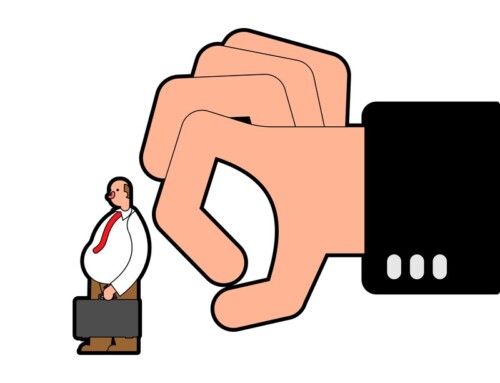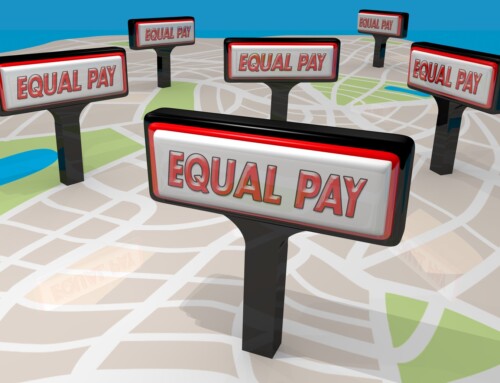
◆What is the “1,030,000 yen barrier”?
In a corporate survey conducted by Teikoku Databank (1,691 validly responding companies) on raising the “1.03 million yen barrier,” it was revealed that nearly 90% of the responding companies were in favor of revising the “1.03 million yen barrier.
The “1,030,000 yen barrier” refers to the fact that income tax is incurred when annual income exceeds 1,030,000 yen and is excluded from the spousal deduction. Some companies make it a requirement that this barrier not be exceeded in order to provide a spousal allowance. As a result, many part-time workers are conscious of this barrier and refrain from working, contributing to labor shortages for companies.
In this survey, 67.8% of companies agreed that the “¥1,030,000 barrier” should be raised, while 21.9% said it should be eliminated. This means that a total of 89.7% of companies are calling for a review of the current system.
◆Main opinions in the survey
Many companies have commented that raising the barriers will help to relieve the labor shortage by eliminating the need for part-time workers to work less. The recent increase in the minimum wage has also had the effect of shortening the working hours up to 1,030,000 yen. There is also an expectation that if the increase is realized, “consumption activity will be stimulated by the tax reduction effect. On the other hand, some are concerned about how to secure financial resources, saying, “Since there is also the 1.06 million yen and 1.3 million yen barrier for social insurance premiums, people will remain reluctant to work if only the income tax is reviewed.
◆Keep an eye on the latest trends and take action
There is a possibility of accelerated movement toward legal reform regarding the “barrier to annual income,” including the 1.03 million yen barrier. It is important for companies to keep a close eye on the latest developments and take appropriate measures to ensure that employees can work with peace of mind.




